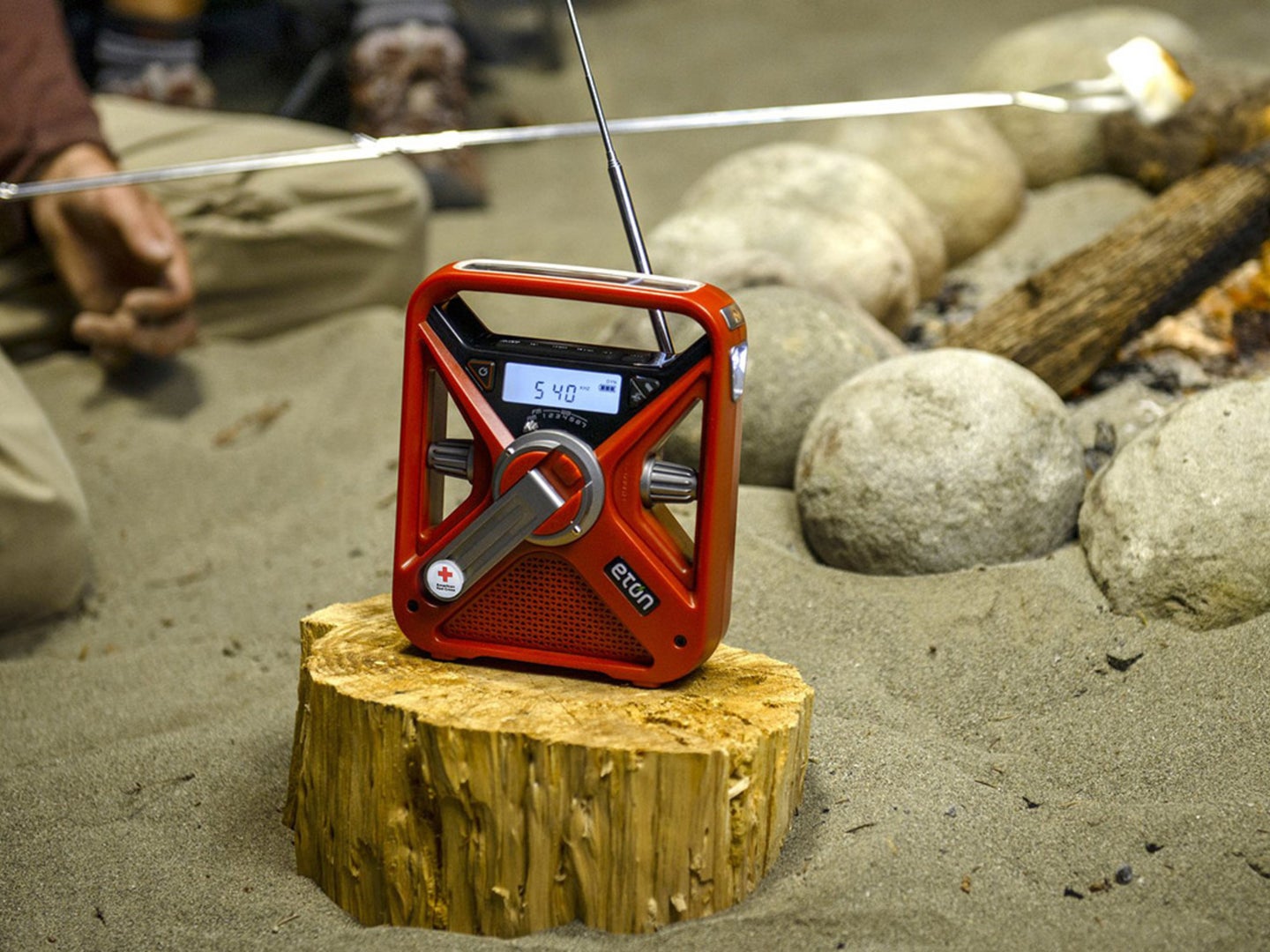
We may earn revenue from the products available on this page and participate in affiliate programs. Learn more ›
Hurricane season is in full swing, with experts saying that this particular season can possibly be more intense than in previous years. The National Oceanic and Atmospheric Administration predicts that 2022 will experience up to 21 named storms, six to 10 of them becoming hurricanes, and around three to six of them categorized as “major.”
Hurricanes are historically impactful, with some storms having impacts that last throughout the year. It is all the more important to come prepared and not take weather forecasts for granted. When it comes to hurricanes, being prepared is key. Here are some tips on how you can keep you and your loved ones safe from any potential disaster:
Take the necessary steps to secure your home
Hurricane-proofing your home is non-negotiable. Even if you plan on evacuating, it’s still a must to secure your home so you can minimize potential damage and have a house worth returning to after the hurricane. One of the first things to tackle is entry points like doors and windows, as they’re known to be the weakest parts of your home during storms. You may either put up storm shutters or install wooden boards like plywood to reduce the chances of shattering. Roofs are also particularly vulnerable, considering how they often blow off during strong hurricanes.
It’s best to secure it using hurricane straps or clips to fasten it to your home. You may even want to build an escape hatch built into it if you’re anticipating extreme flooding. Another thing to consider is securing loose items outside like bicycles, backyard decor, gardening tools, chairs, and other furniture. Bring as many of these items indoors as possible, since they tend to blow away and cause damage to structures. If you own vehicles, you may also want to move them to higher ground away from trees or power lines. If there’s still space left in your garage, parking them inside is best.
Create an evacuation plan
Along with securing your home, on top of your priority list should be creating an evacuation plan to determine where you would go and how you would get there should you need to vacate your residence. First things first, identify safe areas in your home where you can take shelter, and if there are none, plan how everyone can assemble and find a meeting spot where you all can convene.
It would help if you reached out to local officials to discover shelter spaces available near you, along with recommended routes to find higher ground. It’s also worth having alternative options, like a friend’s home in the next city, or perhaps a motel near the edge of the town. Try to choose destinations located in different directions so you can choose the best one when it’s time to evacuate.
Prepare a well-stocked emergency kit
Having a well-stocked go-bag or emergency kit is a must in any emergency situation. According to Red Cross, you should have the following basic supplies in tow: one gallon of water per person, non-perishable food good for at least 3 days, a flashlight, first aid kit, medication, personal hygiene items, copies of personal documents like passports and birth certificates, emergency blanket, cell phones with chargers, map of the area, and extra cash.
They also recommend having a radio to access weather alerts. Most portable radios require batteries, so you may want to consider something like the American Red Cross FRX3+, which is a crank-powered, rechargeable weather radio with solar panel and hand turbine generation. Not only does it broadcast emergency weather alerts from 7 AM/FM/NOAA weather digital radio bands, but it also has a built-in display and alarm clock, LED flashlight, and a USB port. If you can squeeze them in, Red Cross suggests bringing a whistle, surgical masks, extra clothing, sleeping bags, and rain gear.
Invest in an alternative power source
Power outages are common during hurricane season, and so are power surges. These things can cause damage to your essential appliances like air conditioner, television, and refrigerator. It’s then worth having surge protectors and power strips in place to keep your electronics safe.
And when blackouts happen, you’ll greatly benefit from a generator that can offer a continuous power supply. It would be ideal if it had built-in AC outlets and USB ports, so you can still refuel your essential gadgets should you run out of electricity at home.
Review your insurance policies
Perhaps now is the best time to review your insurance policies to ensure that you’re fully covered in case you and your family find yourselves in a sticky situation. You may want to double-check if your current coverage is sufficient to rebuild your home and replace some personal property in case you lose them. You should also check if you have a specific type of policy needed to cover hurricanes, like flood insurance and windstorm insurance.